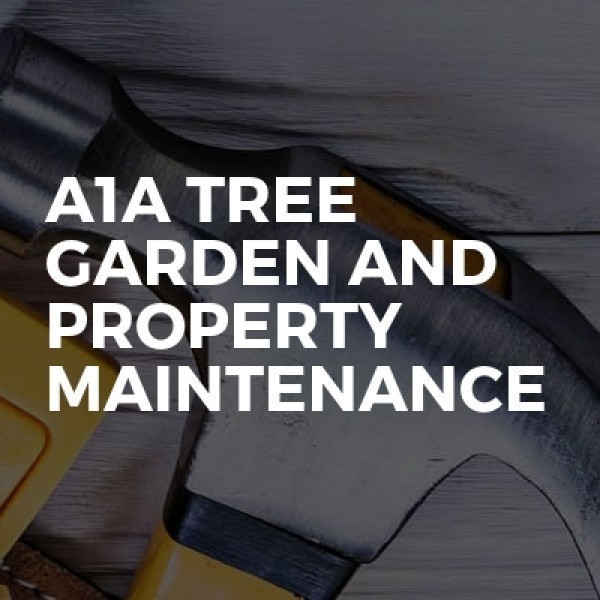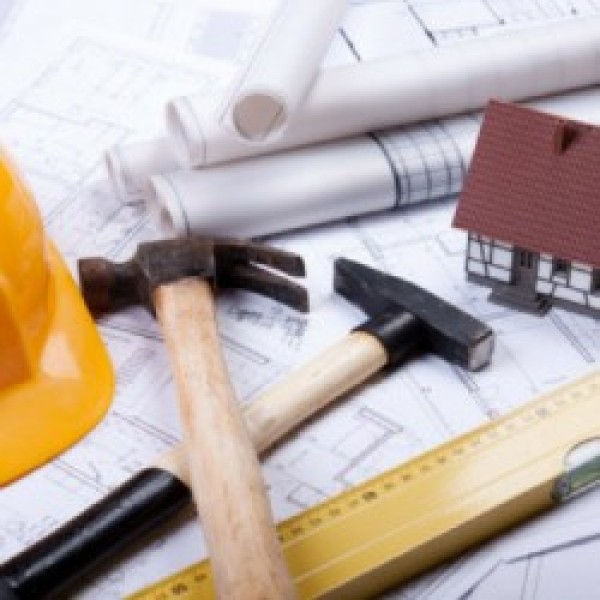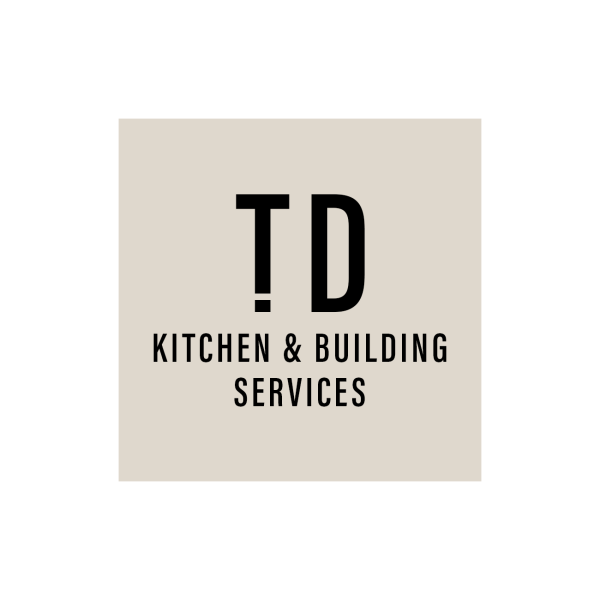Garage Conversions in Ryton
Search Garage Conversions in places nearby
Understanding Garage Conversions in Ryton
Garage conversions in Ryton have become increasingly popular as homeowners seek to maximise their living space without the hassle of moving. With the charm of Ryton's community and the convenience of its location, transforming a garage into a functional room can significantly enhance both the value and utility of a home. This article delves into the various aspects of garage conversions, offering insights and guidance for those considering this home improvement project.
The Benefits of Garage Conversions
Converting a garage offers numerous advantages. Not only does it increase the living space, but it also adds value to the property. Homeowners can create a new room that serves various purposes, such as a home office, gym, or additional bedroom. Moreover, garage conversions are often more cost-effective than building an extension, making them an attractive option for many.
Increased Property Value
One of the most compelling reasons to convert a garage is the potential increase in property value. A well-executed conversion can add significant value, often exceeding the cost of the conversion itself. This is particularly true in desirable areas like Ryton, where additional living space is highly sought after.
Enhanced Living Space
Garage conversions provide an opportunity to enhance the living space without altering the home's footprint. This is especially beneficial for families needing more room but not wanting to sacrifice garden space or incur the costs associated with a full extension.
Planning and Regulations
Before embarking on a garage conversion in Ryton, it's crucial to understand the planning and regulatory requirements. While some conversions may not require planning permission, others might, depending on the scope of the project and local regulations.
Do You Need Planning Permission?
In many cases, garage conversions fall under permitted development rights, meaning planning permission is not required. However, if the conversion involves significant structural changes or the property is in a conservation area, permission may be necessary. It's always wise to consult with the local planning authority to ensure compliance.
Building Regulations
Regardless of planning permission, all garage conversions must comply with building regulations. These regulations ensure that the new space is safe, energy-efficient, and suitable for habitation. Key areas include structural integrity, insulation, ventilation, and fire safety.
Design Considerations
Designing a garage conversion involves several considerations to ensure the new space is functional and aesthetically pleasing. From layout to lighting, each element plays a crucial role in the overall success of the project.
Layout and Functionality
The layout should reflect the intended use of the space. For instance, a home office might require built-in storage and ample desk space, while a gym would benefit from open areas and reinforced flooring. Thoughtful planning can maximise the utility of the conversion.
Lighting and Ventilation
Garages often lack natural light and ventilation, so addressing these issues is vital. Incorporating windows or skylights can brighten the space, while proper ventilation ensures a comfortable environment. Artificial lighting should also be carefully planned to complement the natural light.
Choosing the Right Materials
The choice of materials can significantly impact the quality and longevity of a garage conversion. Selecting the right materials ensures the space is durable, comfortable, and in harmony with the rest of the home.
Insulation and Energy Efficiency
Proper insulation is essential for maintaining a comfortable temperature and reducing energy costs. High-quality insulation materials can prevent heat loss in winter and keep the space cool in summer, contributing to the overall energy efficiency of the home.
Flooring Options
The flooring choice should align with the room's purpose. Durable materials like laminate or engineered wood are ideal for high-traffic areas, while carpet can add warmth and comfort to a bedroom or living area. Consider the ease of maintenance and the aesthetic appeal when selecting flooring.
Cost Considerations
Understanding the costs associated with a garage conversion is crucial for budgeting and planning. While costs can vary widely, several factors influence the overall expense of the project.
Factors Affecting Cost
The size of the garage, the complexity of the design, and the quality of materials all impact the cost. Additionally, labour costs and any necessary structural changes can add to the expense. It's essential to obtain detailed quotes and factor in potential unforeseen costs.
Budgeting Tips
To manage costs effectively, set a realistic budget and prioritise essential elements. Consider phased approaches if the budget is tight, completing the project in stages. Always include a contingency fund to cover unexpected expenses.
Hiring Professionals
While some homeowners may opt for a DIY approach, hiring professionals can ensure a high-quality conversion that meets all regulations and standards. From architects to builders, choosing the right team is crucial for success.
Finding the Right Architect
An architect can help design a space that maximises functionality and aesthetic appeal. Look for professionals with experience in garage conversions and a portfolio of successful projects. Personal recommendations and online reviews can also guide your choice.
Selecting a Reliable Builder
A reliable builder is essential for bringing the design to life. Ensure the builder is experienced, licensed, and insured. Obtain multiple quotes and check references to ensure they have a track record of quality work and customer satisfaction.
Common Challenges and Solutions
Garage conversions can present challenges, but with careful planning and expert advice, these can be overcome. Understanding common issues can help in preparing for a smooth conversion process.
Dealing with Structural Issues
Structural issues, such as dampness or inadequate foundations, can complicate a conversion. Address these problems early with professional assessments and appropriate solutions, such as waterproofing or foundation reinforcement.
Managing Space Constraints
Garages are often limited in size, so creative solutions are necessary to maximise space. Consider built-in storage, multi-functional furniture, and open-plan designs to make the most of the available area.
Case Studies: Successful Garage Conversions in Ryton
Examining successful garage conversions can provide inspiration and practical insights. These case studies highlight innovative designs and effective solutions that have transformed garages into valuable living spaces.
Home Office Transformation
One Ryton homeowner converted their garage into a modern home office, complete with custom shelving, a large desk, and ample natural light. The project enhanced productivity and provided a dedicated workspace separate from the main living areas.
Family Room Addition
Another family transformed their garage into a cosy family room, featuring comfortable seating, entertainment systems, and a play area for children. This conversion created a versatile space for relaxation and family activities.
Environmental Impact and Sustainability
Garage conversions offer opportunities to incorporate sustainable practices and materials, reducing the environmental impact of the project. Emphasising sustainability can also enhance the comfort and efficiency of the new space.
Eco-Friendly Materials
Using eco-friendly materials, such as recycled insulation and sustainably sourced wood, can minimise the environmental footprint. These materials often offer additional benefits, such as improved air quality and energy efficiency.
Energy-Efficient Design
Incorporating energy-efficient design elements, such as LED lighting and energy-efficient windows, can reduce energy consumption and lower utility bills. These features contribute to a more sustainable and cost-effective living space.
Frequently Asked Questions
- Do I need planning permission for a garage conversion in Ryton? In many cases, planning permission is not required, but it's essential to check with the local planning authority.
- How much does a garage conversion typically cost? Costs vary based on size, design complexity, and materials, but it's important to obtain detailed quotes and set a realistic budget.
- Can I convert my garage into a bedroom? Yes, garages can be converted into bedrooms, provided they meet building regulations for habitation.
- How long does a garage conversion take? The timeline depends on the project's scope, but most conversions take between four to six weeks.
- What are the benefits of hiring a professional for a garage conversion? Professionals ensure the conversion meets all regulations and standards, offering expertise in design and construction.
- Can a garage conversion be reversed? While possible, reversing a conversion can be costly and complex, so it's important to be certain about the decision.
Garage conversions in Ryton offer a practical and cost-effective way to enhance living space and increase property value. By understanding the benefits, planning requirements, and design considerations, homeowners can successfully transform their garages into functional and attractive rooms. With careful planning and the right professional guidance, a garage conversion can be a rewarding home improvement project that meets the needs of the household while adding significant value to the property.



















